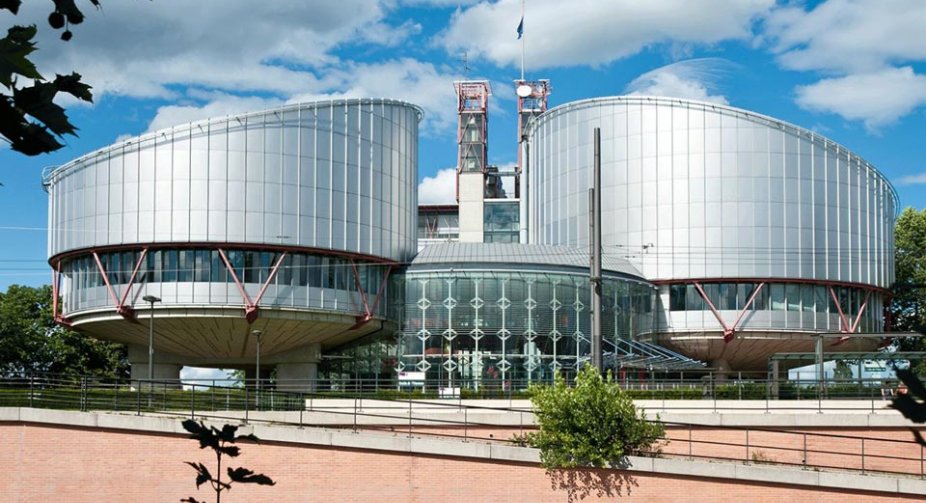The European Court of Human Rights (ECHR) has ruled that there were no violations of human rights in the cases brought against Mikheil Saakashvili, the third president of Georgia. Saakashvili had challenged two judgments made against him by Georgian courts, related to the attack on MP Valery Gelashvili and the pardoning of individuals convicted in the murder of Sandro Girgvliani during his tenure.
Saakashvili had claimed that the guilty verdicts were based on unverified evidence and that his right to a fair trial had been compromised. He also argued that the Georgian authorities were persecuting him on political grounds, using the criminal justice system as a tool against him.
The ECHR examined the related articles of the European Convention on Human Rights in relation to Saakashvili's complaints and found no violations of these articles in its judgment issued on Thursday.
Specifically, it determined that the charges against Saakashvili were serious and well-founded, with direct and consistent indirect evidence supporting the allegations. The ECHR noted that the national courts in Georgia conducted the proceedings fairly, adhering to the principle of competition, and provided Saakashvili's legal team with the opportunity to respond adequately.
The ECHR emphasized that the judgments against Saakashvili were properly reasoned and not influenced by any political motives. The Court dismissed Saakashvili's claims that the testimonies of former Defense Minister Irakli Okruashvili and former Speaker of the Parliament Nino Burjanadze were unreliable due to their political opposition to him. It found that there was significant consistency in other case materials that corroborated the testimonies and established the motive.
Responding to the judgment, Justice Minister Rati Bregadze said the case had ended with the “victory of Georgia”.
Saakashvili, who currently holds Ukrainian citizenship, was arrested in 2021 on his clandestine return to the country after eight years and is now serving his six-year-term for abuse of power while in office in two separate cases, while three other cases involving him are still pending.






